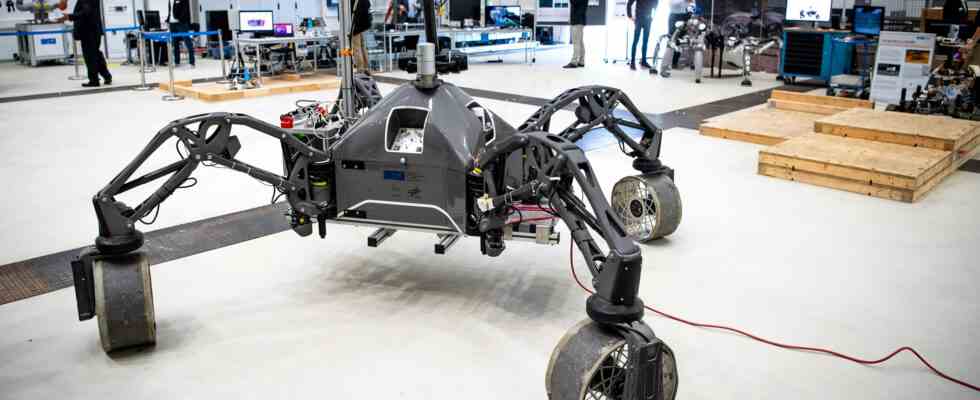Status: 06.12.2022 18:47
How safe is the use of artificial intelligence? The EU countries have now agreed on rules. These are intended to ensure that AI systems are secure and comply with fundamental rights. Consumer advocates still see dangers.
For the first time, the EU countries have laid down comprehensive rules for the use of artificial intelligence (AI). The decision is intended to ensure that AI systems are secure and respect fundamental rights, the Council of the EU states. At the same time, innovation should be promoted.
Praise from Buschmann and Habeck
“The EU is well on the way to setting the world’s first binding standard for trustworthy AI,” said Federal Justice Minister Marco Buschmann (FDP). However, he sees a need for improvement: for example in ensuring anonymity in public spaces and transparency when using AI systems.
Economics Minister Robert Habeck (Greens) also welcomed the agreement. Artificial intelligence is “crucial for the competitiveness of the EU”.
Before the new rules actually apply, the EU states still have to agree on a line with the European Parliament.
Ban: AI to evaluate people
The EU Commission proposed the law in April 2021 with the aim of setting global standards. The higher the potential dangers of an application, the higher the requirements should be. There are heavy penalties for breaking the rules. Above all, the authority wants to create the basis for users to be able to trust AI applications.
Among other things, the telecommunications ministers agreed on a ban on using AI to evaluate people on the basis of their social behavior or personality traits if this leads to disadvantages. In addition, the regulation is intended to determine how to proceed with particularly high-risk AI systems.
These include, for example, biometric recognition systems and systems used in water and electricity supply. The use of AI in the military sector and for pure research purposes is to be exempted from the rules.
AI already in many areas
Artificial intelligence usually refers to applications based on machine learning, in which software scours large amounts of data for matches and draws conclusions from them.
They are already being used in many areas. For example, such programs can evaluate images from computer tomographs faster and with greater accuracy than humans. Self-driving cars also try to predict the behavior of other road users in this way. And chatbots or automatic playlists from streaming services also work with AI.
Critics: “important questions open”, “full of loopholes”
The EU consumer association Beuc complained that the decision of the EU states left too many important questions unanswered, such as facial recognition by private companies in public places. In addition, provisions that classify systems as high-risk have been watered down.
Dutch Green MEP Kim van Sparrentak, on the other hand, criticized the decision. The text of the agreement lacks the “necessary safeguards for fundamental rights” and is “full of loopholes,” van Sparrentak wrote on Twitter.

